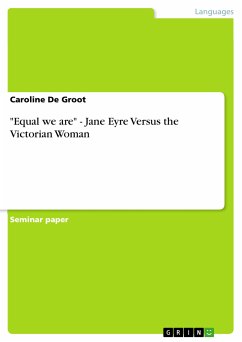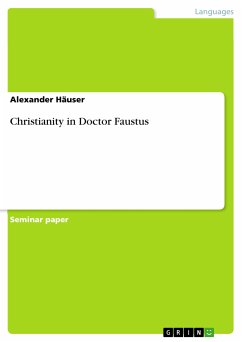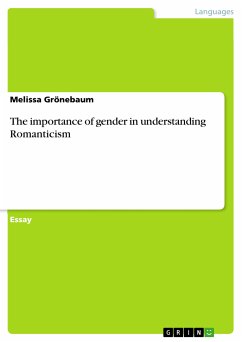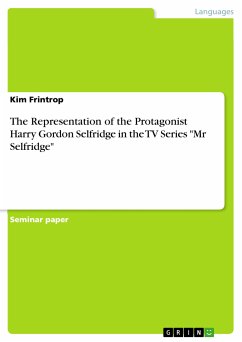Scientific Essay from the year 2011 in the subject Didactics for the subject English - Literature, Works, grade: 1, University of Vienna, language: English, abstract: A.J.P. Taylor’s The Origins of the Second World War and his critics in Great Britain In 1961 A.J.P. Taylor, described as “an enfant terrible among historians” 1 by Ian F. D. Morrow, discombobulated peer historians with his publication The Origins of the Second World War. In this book Taylor disputed the orthodox school of war historiography. Taylor's thesis of the origins of the Second World War has received some support, but primarily critique. His thesis may be briefly stated. According to Taylor, Hitler was not a demonic warlord, who had plans of world conquest but was only an ordinary man “who was no more wicked and unscrupulous than many other contemporary statesman” . Hitler followed a foreign policy like “that of his predecessors, of the professional diplomats at the foreign ministry, and indeed of virtually all Germans”. Adolf Hitler was not a “a system-maker, deliberately preparing from the first a great war which would destroy existing civilisation and make him master of the world” Hitler's purpose was to liberate Germany from the Treaty of Versailles that “lacked moral validity from the start” and “to make Germany the leading Power in Europe from her natural weight.” In fulfilling his goals, Hitler was supported by appeasers such as Neville and Chamberlain, who believed that Hitler would become pacific if his demands were met. Hence, all Hitler had to do was waiting for concessions. Taylor presents Hitler as a passive Fuehrer, without clear intentions. Regarding Danzig and Poland, Hitler didn't intend its destruction. On the contrary “he had wished to solve the question of Danzig so that Germany and Poland could remain on good terms.” [...]
Bitte wählen Sie Ihr Anliegen aus.
Rechnungen
Retourenschein anfordern
Bestellstatus
Storno









